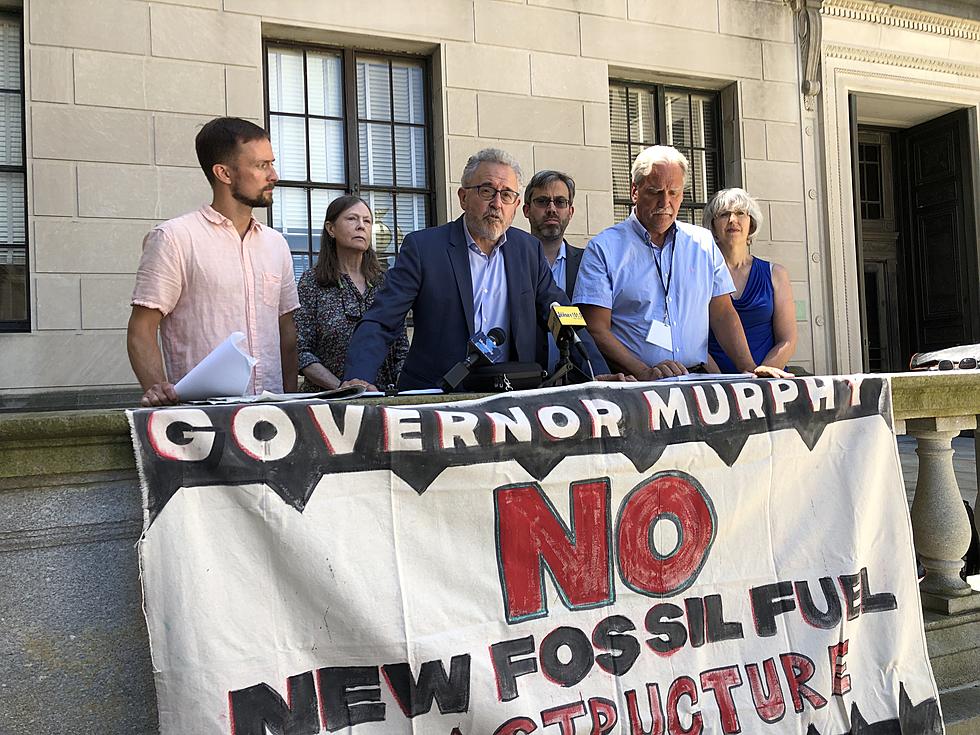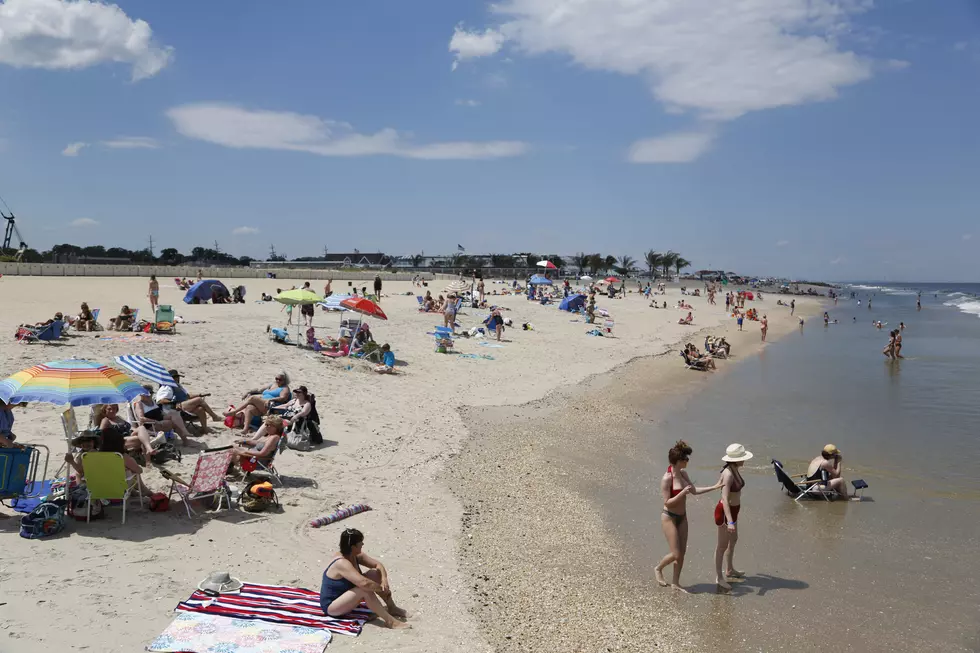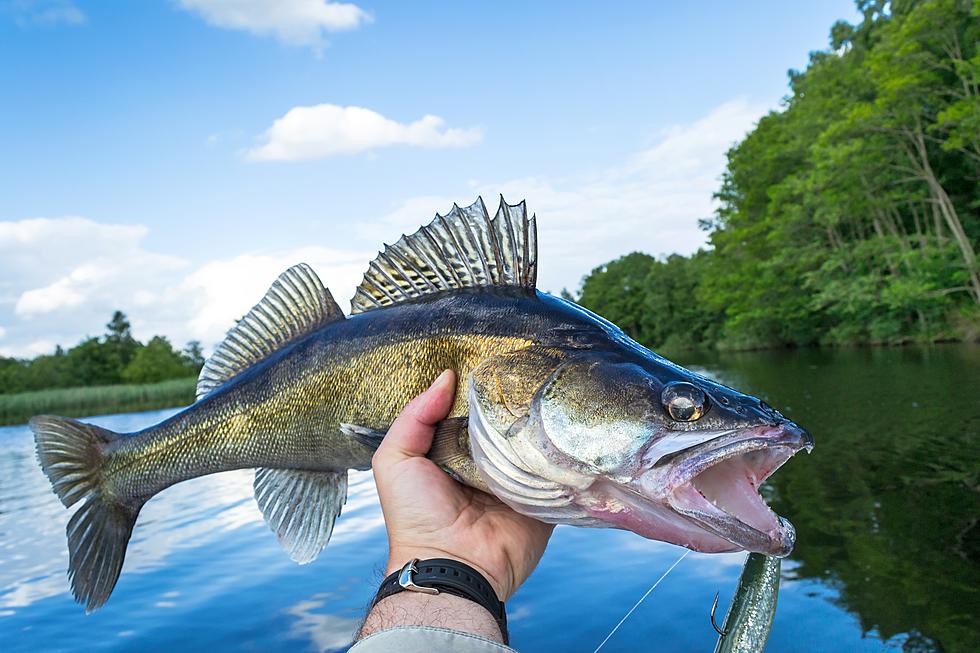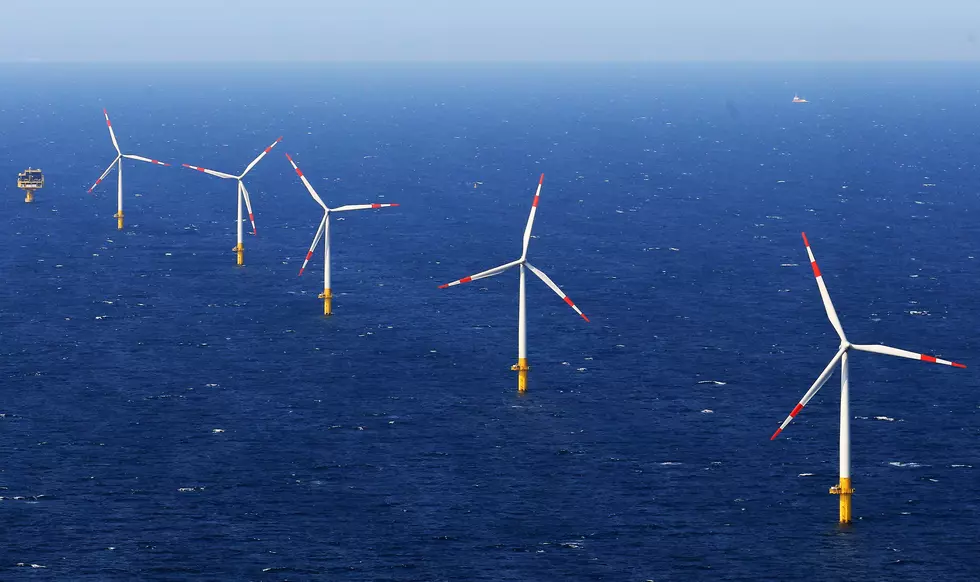
Environmentalists: Murphy’s Sabotaging Climate Change Goals
Environmental groups say the Murphy administration’s energy master plan undermines its own goals by relying on power sources that aren’t renewable and will push for changes to the draft during public hearings that begin Wednesday in Trenton.
The groups previewed their grievances Monday at a news conference outside the Statehouse Annex. Wednesday’s hearings – one in the morning, a second in the afternoon – will be followed by additional split sessions in Newark on Aug. 8 and Camden on Sept. 12.
“The report indicates that the state must ‘immediately and aggressively' address greenhouse gas emissions,” said John Reichman, chairman of BlueWave New Jersey’s environmental committee. “The problem is the report just has many serious, serious flaws and does not really do what the administration says it’s supposed to do.”
Jeff Tittel, director of the New Jersey Sierra Club, said Gov. Phil Murphy’s definition of clean energy includes things that aren’t clean, such as natural gas plants and incinerators, which could be in use for decades.
“Completely sabotaging any chance to get to reduce greenhouse gases down (by) 80% by 2050” as required by state law, Tittel said.
Matt Smith, an organizer at Food and Water Watch said the consequences of climate change are happening faster than expected and that “our fate will be determined by what we do in the next five to 10 years.”
“This draft energy master plan is full of dirty energy loopholes and lacks the aggressive greenhouse gas reduction goals that we need to avoid runaway climate catastrophe,” Smith said.
Amy Goldsmith, the New Jersey state director for Clean Water Action, said the draft plan, which was released last month, continues to delay actions that are necessary and could be taken immediately.
“The DEP has the power to regulate black carbon, methane, CO2, and it has been asleep at the switch,” Goldsmith said.
Doug O’Malley, director of Environment New Jersey , said that in particular, near-term risks from natural gas on methane emissions aren’t being sufficiently measured. He also said the plan’s intent to explore rules to reduce CO2 pollution from electrical plants ought to have been in place sooner.
“We need to have an honest discussion of the carbon impacts of these projects and not wait for a carbon rule after these projects are already in the ground,” O’Malley said.
Tracy Carluccio, deputy director of the Delaware Riverkeeper Network, said the plan similarly includes language about ways the energy plan can be used to examine future gas infrastructure projects – and says that seems to ignore current plans.
“That sounds like they’re trying to address our call for a moratorium. But this is closing the barn doors after the horse is out. We need a moratorium now,” Carluccio said.
The environmental groups say as many as 15 projects connected to fossil fuels are currently proposed in New Jersey, from pipelines to power plants to compressor stations.
In addition to their complaints about the plan, environmental groups are pushing for an additional four hearing dates that it wants scheduled in Atlantic City, Monmouth County, Bergen County and Morris County.
More From WPG Talk Radio 95.5 FM










